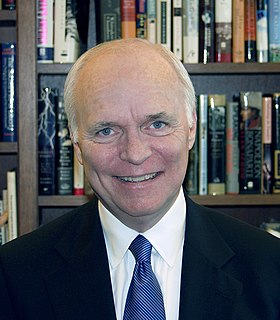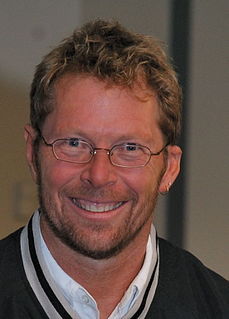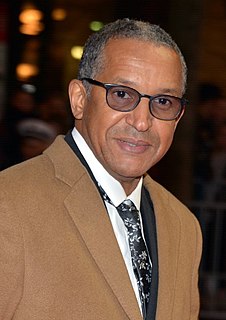A Quote by Kimberly Bryant
Although we use a lot of technology and consume a lot of technology as people of color, we're usually not the ones at the tables doing the creating of it.
Related Quotes
At the beginning of almost every industry, the available products and services are so expensive to own and complicated to use that only people with a lot of money and a lot of skill have access to them. A disruptive technology is an innovation that simplifies the product and makes it so affordable that a whole new population of people can now have one and use it at the beginning for simple applications, and then it improves to the point that it makes the old technology obsolete.
People always think of technology as something having silicon in it. But a pencil is technology. Any language is technology. Technology is a tool we use to accomplish a particular task and when one talks about appropriate technology in developing countries, appropriate may mean anything from fire to solar electricity.
I am extraordinarily fascinated by the future of technology. We are in the early infancy of technology, and we have an opportunity to guide how technology develops and integrates into our lives. I talk a lot about the 'invisible interface,' or the idea that we can utilize technology without being absorbed into a screen.
What’s next for technology and design? A lot less thinking about technology for technology’s sake, and a lot more thinking about design. Art humanizes technology and makes it understandable. Design is needed to make sense of information overload. It is why art and design will rise in importance during this century as we try to make sense of all the possibilities that digital technology now affords.
What I’m trying to show is that the main event today is not seen by those of us that are living it… So it’s not the effect of [technology], it is that everything exists with-in [its milieu]. It's not that we use technology, we live technology. Technology has become as ubiquitous as the air we breathe, so we are no longer conscious of its presence.
Of course, technology is very important now. It's there, its available. It's there to be use however you see fit. You can use it and the jihadist can use it. In their case they have been very effective at making use of technology, particularly with websites. It's primarily through these websites that they do their recruiting. But it's not technology that makes them that way.





































